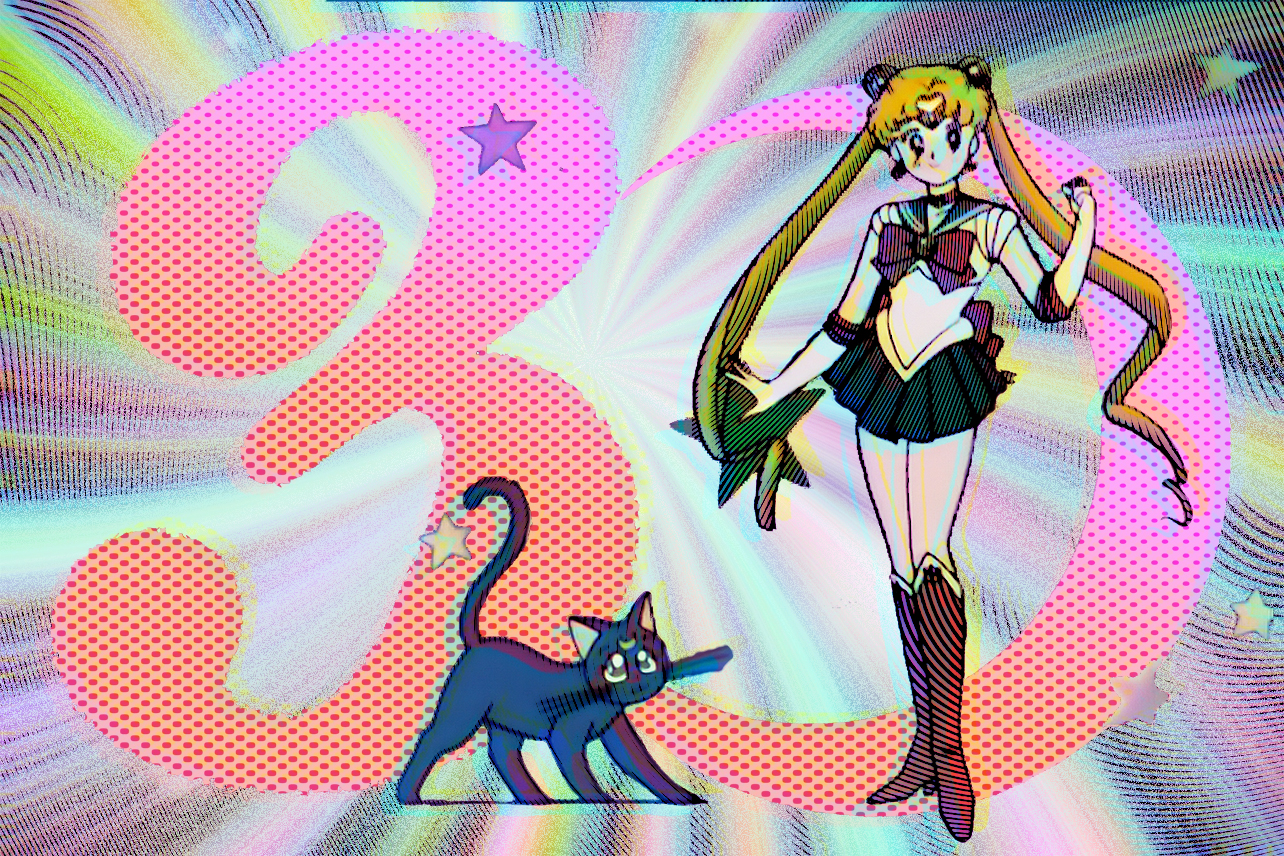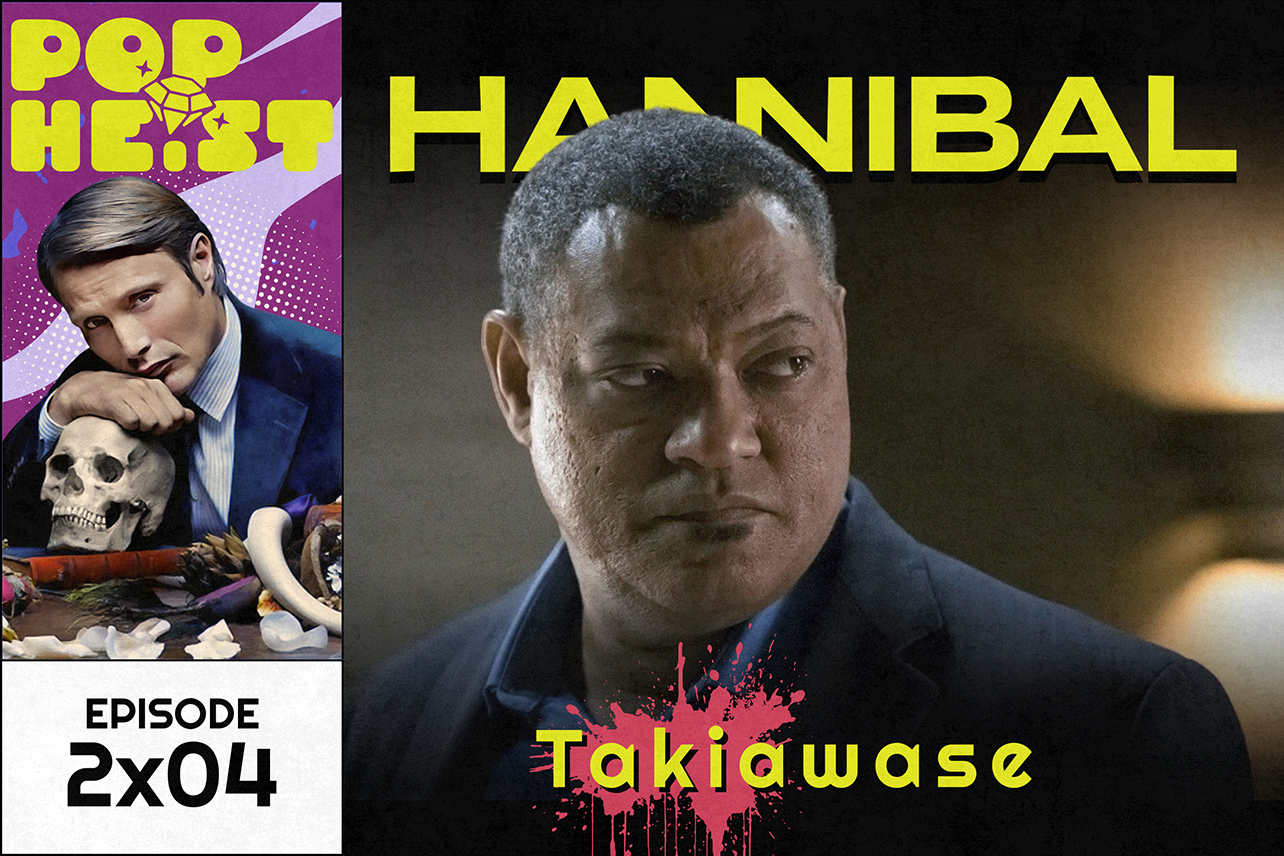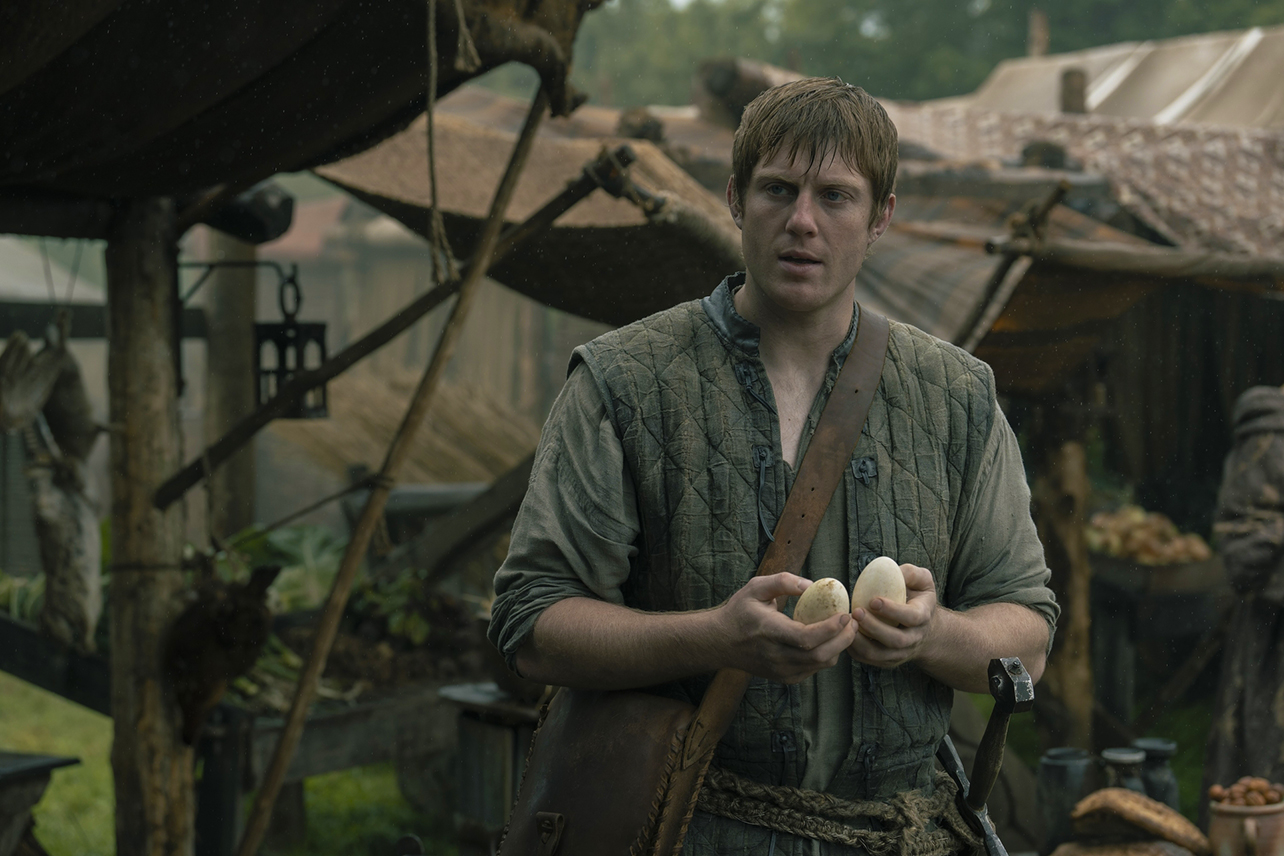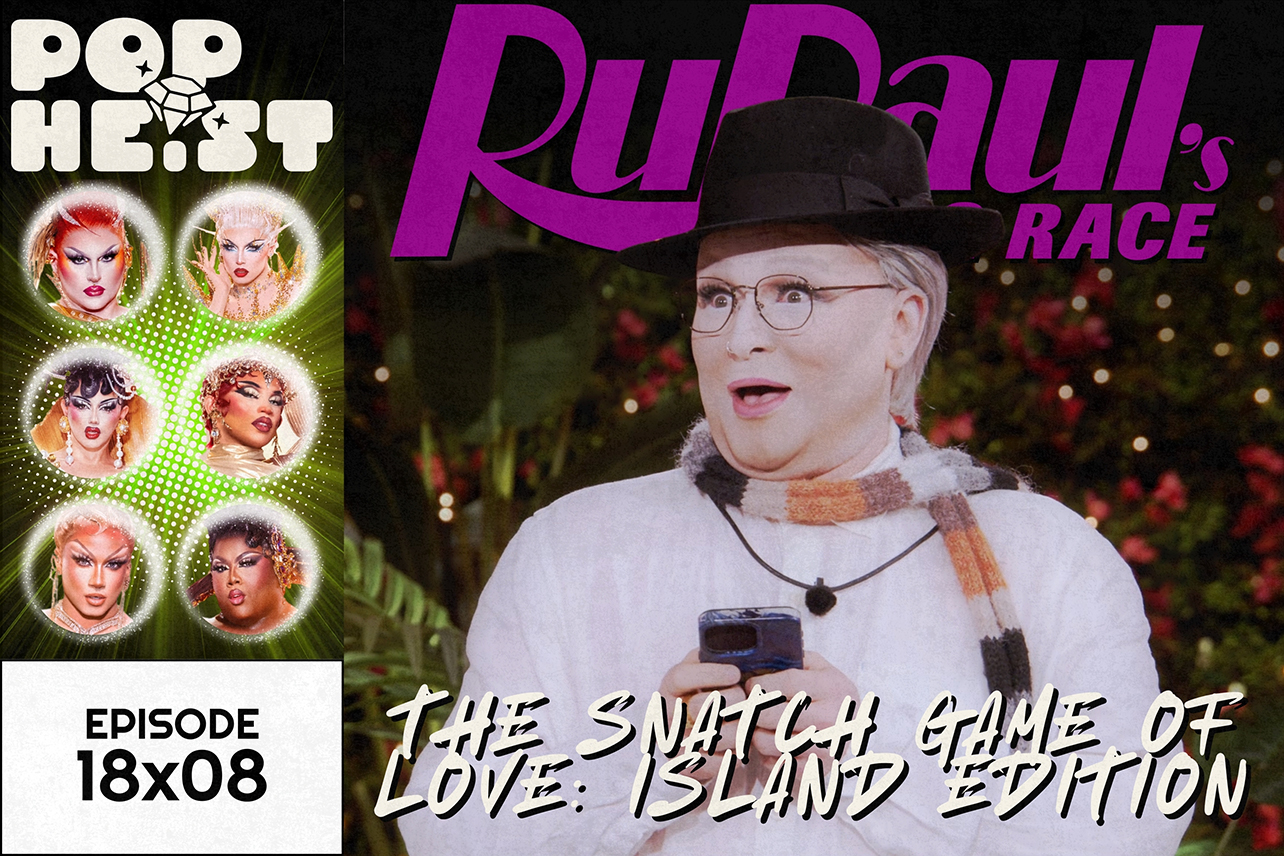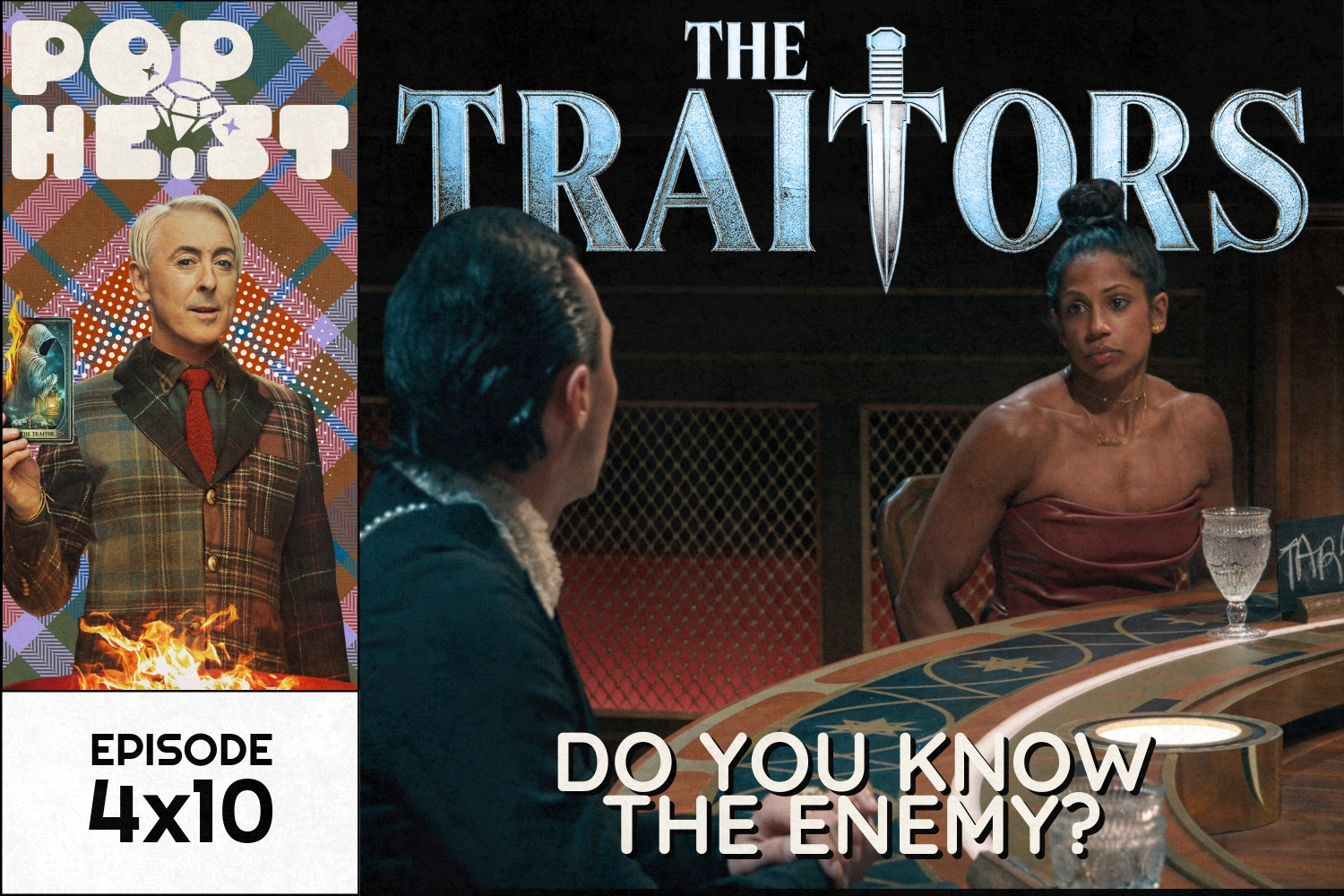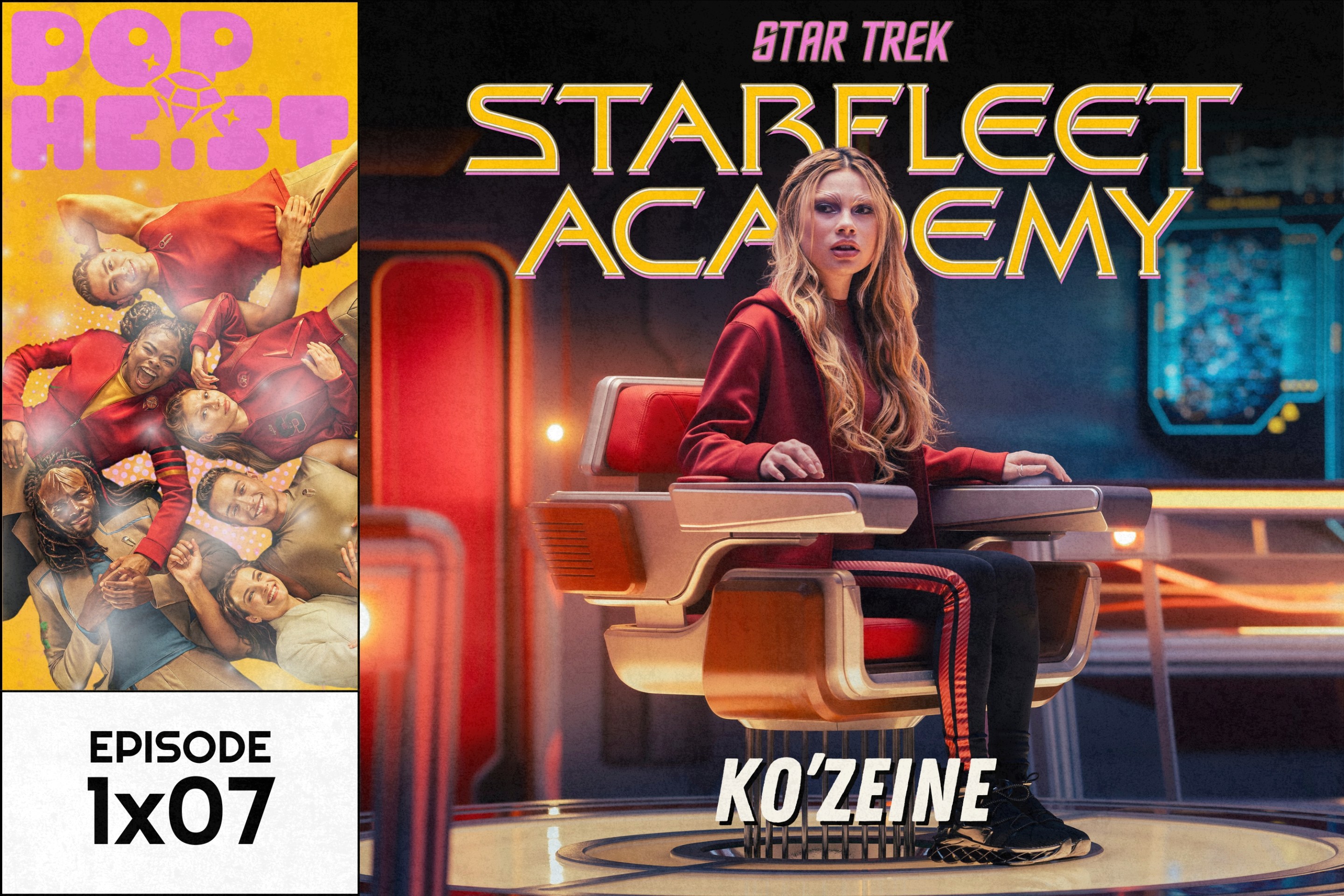This year marks the 30th anniversary of Sailor Moon's US debut, and I've been thinking a lot about that pastel-colored meteor that crashed into my childhood. I was a straight teen boy growing up in the American South, not exactly the audience you'd expect to fall head over heels for a glittery, melodramatic cartoon about magical girls who fight evil by moonlight and win love by daylight. But Sailor Moon — specifically the DiC Entertainment English dub that debuted on September 11, 1995 on UPN — didn't just capture my imagination. It helped shape the way I see the world, the stories I tell, and the kind of person I still strive to be.
Yes, I'm fully aware it wasn't a "faithful" adaptation. The DiC dub made a lot of choices — some questionable, some brilliant, most unforgettable. They renamed characters (Usagi became Serena), rewrote dialogue, censored violence, and awkwardly edited episodes to erase the queerness of characters like Sailor Uranus and Neptune (who were, famously and hilariously, presented to us as "cousins"). But even with all the clunky localization, that show still glowed with heart.
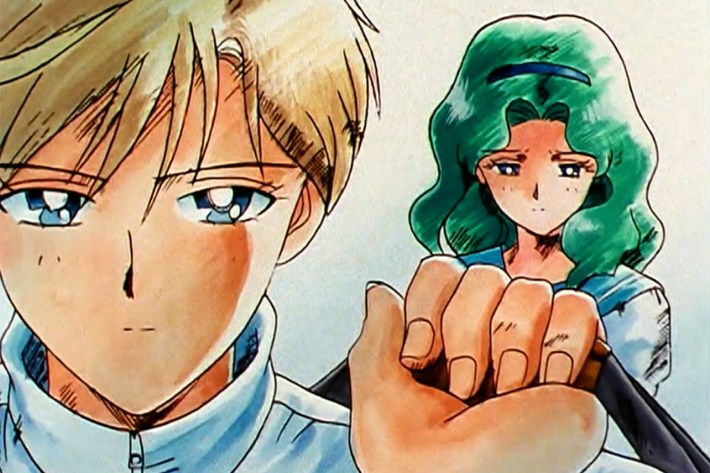
And maybe because of those changes — or in spite of them — it hit me at the right place and right time.
I remember rushing home from school to catch episodes, VHS-recording them when I couldn't (who remembers when anime VHS were almost $20-30 for maybe two episodes?). Serena wasn't your typical action heroine. She cried. A lot. She ate junk food, ditched homework (I was a downright shit student), got jealous, tripped over nothing, and constantly doubted herself. But she was also brave in a way that stuck with me. She stood up for her friends, believed in second chances, and threw herself into danger even when she was scared out of her mind. She was imperfect and deeply human, and that made her magical long before she shouted "Moon Tiara Magic!" or transformed in a swirl of ribbons and glitter.

It's funny now to look back and realize that Sailor Moon was probably the first show to teach me that empathy is a kind of superpower. Teamwork matters. That strength doesn't have to mean stoicism. That being soft doesn't mean you're weak.
As a straight guy in the South — where toughness is a cultural currency and gender roles are as deeply entrenched as barbecue recipes — this show was a quiet revolution burning inside my developing brain. It permitted me to feel things. To admire female heroes without irony. To internalize the message that the world is worth saving because it's full of emotion, not despite it.
Of course, the DiC dub had its flaws. Even as a kid, something felt off when "cousins" Amara/Uranus and Michelle/Neptune had suspiciously romantic chemistry. I didn't have the vocabulary to articulate it then, but I felt the tension between what the show wanted to say and what it was allowed to say. It was a subtle introduction to the idea that some stories are edited to fit a worldview that isn't mine. Serena's whole vibe was about how love conquers all, and it wasn't until later that you learn that these characters in this world weren't allowed to love in the way they were originally made.
So, how do you defend the DiC dub to this day? Can you take the good and the bad in a crystal wrapped package? In a way, yes. True, it's far from a purist's version, it's more a uniquely American artifact of the 90s — neon, goofy, and full of heart. This is not Usagi Tsukino, and that's more than okay. Serena is her own version of Sailor Moon that acts more like the Batman: Brave and the Bold version compared to Batman: The Animated Series, if that makes sense. Both are the same girl on different sides of the same bow.
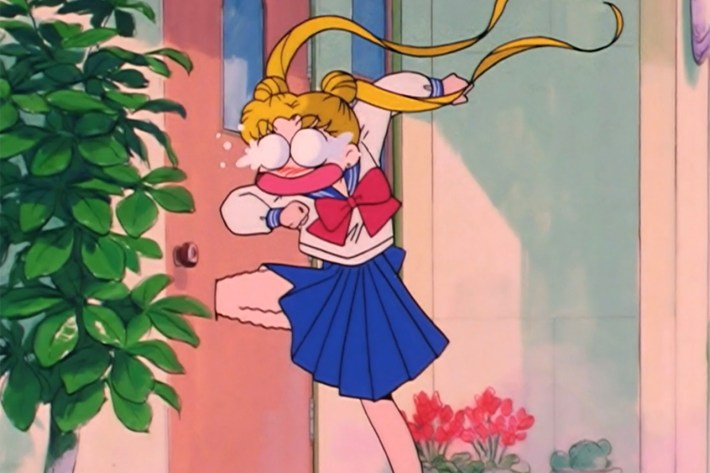
Terri Hawkes' voice acting was over-the-top in the best way, filled with line deliveries that have become memes unto themselves. Even Karen Bernstein's usually quiet and bookish Sailor Mercury got a few solid burns in there ("Go bleach your roots, creep!" *chef's kiss*) The music? Totally underrated and mostly forgotten outside of the soundtrack you can find on cassette tapes, CDs, and YouTube playlists. Those jazzy background tracks and the unforgettable theme song — basically an anime-fied Power Rangers anthem — still live rent-free in my brain.
When the series was redubbed in 2014 for Viz, there were definitely a few things I missed. Mainly Jill Frappier's Angela Lansbury-esque Luna. That's not the fault of Michelle Ruff, who took over the role for the redub and the Sailor Moon Crystal dub, but it was something that was just burned into my brain. Stephanie Sheh's take on Usagi felt more in tune with what Hawkes had done, same with Amanda C. Miller taking over for Susan Roman as Sailor Jupiter (this time going back to her original name of Makoto Kino, as she was called "Lita" in the DiC version).
The DiC version was like a gateway drug. It led me to other anime, to manga, to drawing, to writing, to learning that not all stories had to follow the same formula. Sailor Moon didn't just entertain — it expanded the boundaries of what a "hero's journey" could look like. And I know that Dragon Ball hit around the same time like a world-breaking meteor, but I was too busy enthralled by Serena and friends trying to take down monsters in a jewelry store.
Even today, when I create characters, I think about Serena. Not Usagi — the more refined, quietly powerful heroine of Naoko Takeuchi's original manga — but Serena, the slightly annoying, deeply relatable mess of a teenage girl with a heart bigger than the moon itself. That version taught me that your flaws can be your strengths. That leadership comes in many forms. That love is worth fighting for, even if you're not perfect at it.
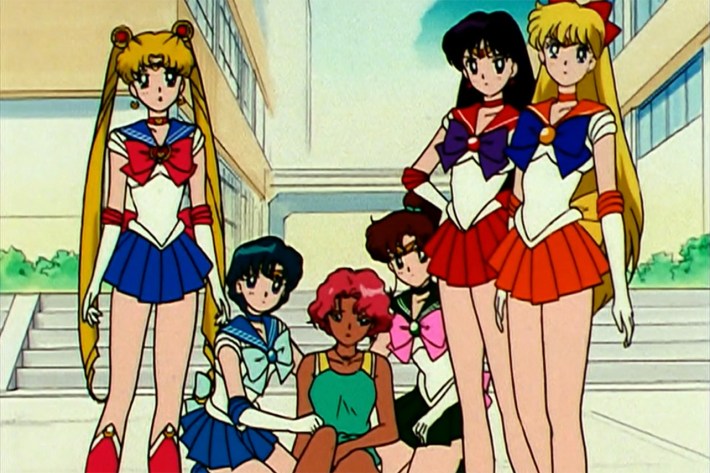
Rewatching clips now, decades later, I see what a time capsule it is. Yes, it's dated. Yes, the changes made in localization did a disservice to some of the characters and their identities. But it also did something remarkable: it brought Sailor Moon into the lives of kids who might never have discovered it otherwise — kids like me.
And look, maybe I wasn't the original demographic. But Sailor Moon never made me feel like I wasn't welcome. It wrapped me in stardust and told me I could help save the world — not with brute strength, but with compassion, conviction, and the help of my chosen family.
Thirty years later, I still believe that.
Moon Prism Power forever.
If you haven't already, consider supporting worker-owned media by subscribing to Pop Heist. We are ad-free and operating outside the algorithm, so all dollars go directly to paying the staff members and writers who make articles like this one possible.
